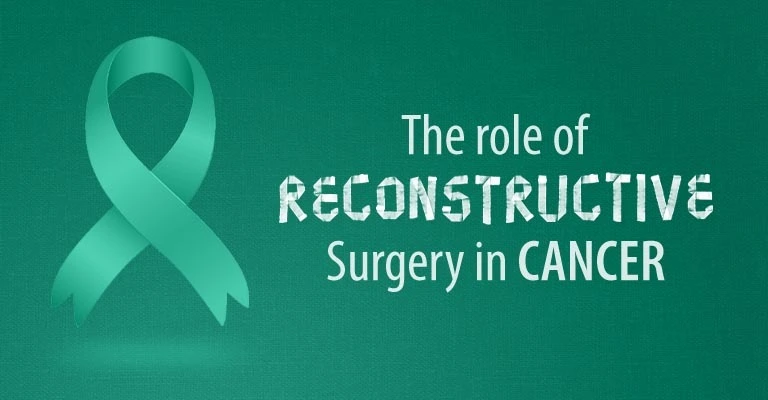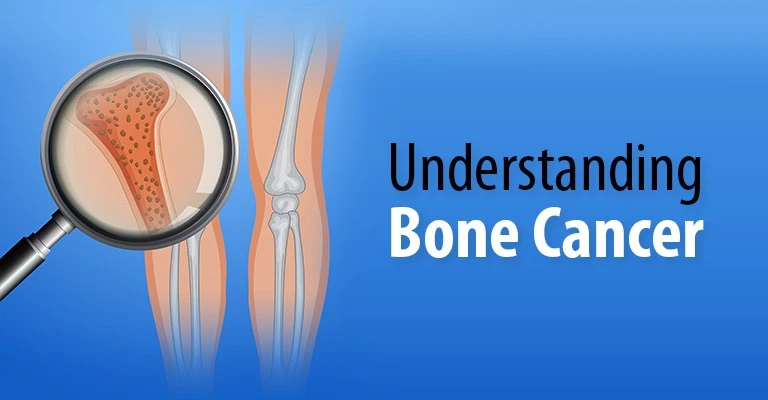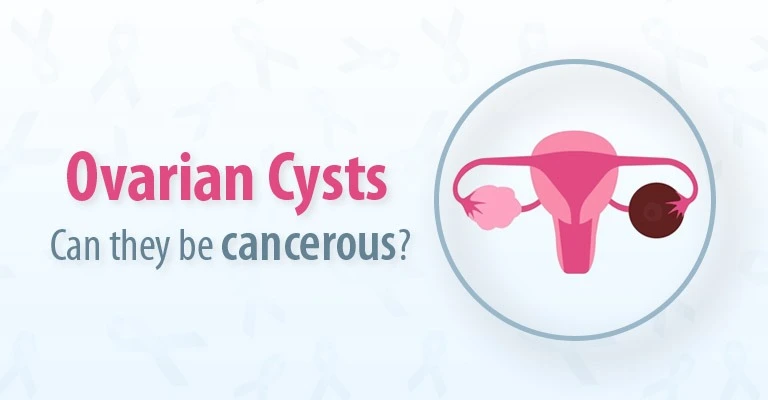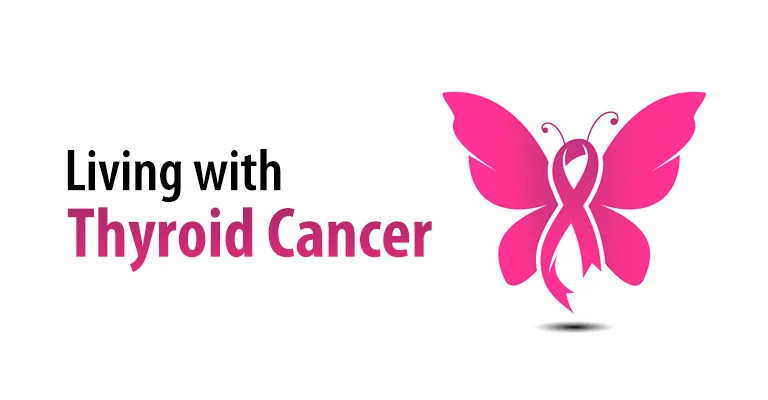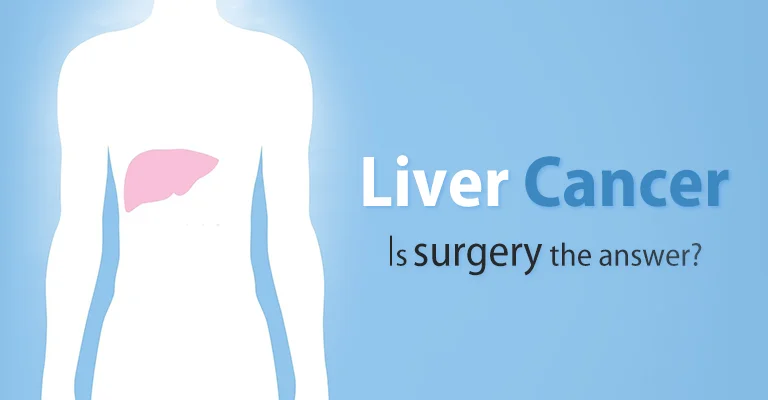
Liver cancer contributes a major chunk to cancer-related deaths worldwide and scientists have observed that the mean onset age, as well as incidence of liver cancer of varied etiologies, has gradually increased over the past three decades.
Hepatitis B virus or HBV is a major risk factor for liver cancer in Asia, while other primary causes include hepatitis C virus (HCV), alcohol consumption, nonalcoholic fatty liver disease, etc. Available data shows that the age-adjusted incidence of hepatocellular carcinoma in India for men ranges from 0.7 to 7.5 and for women 0.2 to 2.2 per 100,000 population per year.
A transplant is recommended as an option for patients with liver cancer who have 1 tumour up to 5 cm in diameter, or 2 or 3 tumours, each less than 3 cm in diameter. It can also be an option if the location of the tumour makes it hard to remove. However, a transplant is not possible if the cancer has spread to other parts of the body.
Diagnosis of liver cancer
Blood tests: Liver function abnormalities show up in blood tests.
Imaging: Imaging tools like ultrasound, CT and MRI scans are also used.
Biopsy: A thin needle is inserted through the skin and into the liver to fetch a tissue sample, which is screened for cancer cells under a microscope.
When a cancer diagnosis is confirmed, the doctor carries out further tests to ascertain the extent or stage of the cancer. Staging is necessary to figure out the size and location of cancer and also if it has metastasized.
Treatment
Treatment protocols for primary liver cancer vary depending on the stage of the disease as well as the patient’s age, general health, etc. The options include:
Surgery options
Procedure for removal of the tumour: If the tumour is small and the liver function is good, the doctor might suggest a procedure to remove the liver cancer along with a small portion of healthy liver tissue surrounding it. This option is determined by the location of the cancer in the liver and the overall health of the patient.
Liver transplant: In transplant surgery, the diseased liver is removed and replaced with a healthy liver from a donor. However, liver transplant surgery is an option only for a small percentage of patients with early-stage liver cancer. In recent times, doctors have become much more proficient in choosing patients with better odds, and overall success rates have been climbing. However, getting a transplant is easier said than done, since organ availability is still a problem and there’s always a long waiting list for healthy livers.
Besides, like any other organ transplantation surgery, liver transplant carries risks like rejection by the body’s immune system, infection, cancer returning, drug reactions post-transplantation, increased bleeding and difficulty clotting or reaction to surgery anaesthetic.
Localized treatments
Localized treatment options for liver cancer are administered directly to the cancer cells or the surrounding area. These treatments include:
Radiofrequency ablation: This procedure uses electric current to heat and destroy cancer cells, through needles inserted into the tumour with imaging guidance using small incisions in the abdomen. Microwaves or lasers are also used to heat cancer cells.
Cryoablation: This freezing technique uses extreme cold to destroy cancer cells. Using ultrasound imaging guidance, the doctor places an instrument (a cryoprobe) containing liquid nitrogen directly on the liver tumors to freeze and destroy the cancer cells.
Alcohol injection: In this procedure, pure alcohol is injected directly into the tumors to destroy the tumour cells.
Chemoembolization: This is a type of chemotherapy treatment administering strong anti-cancer drugs directly to the liver.
Radiation therapy
In radiation therapy, doctors use very powerful energy from X-rays and protons to destroy cancer cells and shrink the tumours. Radiation therapy is often used to manage symptoms in patients with advanced liver cancer
Targeted drug therapy
This treatment used targeted drugs to focus on specific abnormalities present within cancer cells and destroy those rogue cells by blocking those abnormalities. Doctors have access to a number of targeted drugs to treat advanced liver cancer.
Immunotherapy
In immunotherapy, the patient’s own immune system is used to fight cancer. The body’s immune system might fail to attack the cancer since the cancer cells generate proteins that blind the immune system cells. Immunotherapy is used to interfere with that blinding process. This treatment is usually advised in patients with advanced liver cancer.
Chemotherapy
This procedure uses drugs to kill aggressively growing cells, including cancer cells. Chemotherapy drugs are administered either intravenously or in pill form, or in a combination or both. This therapy is also often used to treat advanced liver cancer.
Palliative care
Palliative care is a specialized form of supportive therapy that provides relief from acute pain and other symptoms of a serious illness. The palliative care team’s primary objective is to complement the aggressive forms of treatments like surgery, chemotherapy or radiation therapy which the patient is already undergoing, and ease the trauma a touch. The patient’s family members need to play a very critical and proactive role in this. It has been observed that comprehensive palliative care provides that extra layer of relief and often helps improve the quality of life of the patient. Sometimes they live longer thanks to palliative care excellence.
At Medica Cancer Hospital, we provide comprehensive and advanced diagnosis and treatment facilities for liver cancer. Our Radiation Therapy unit boasts the latest treatment technology in Halcyon which ensures safe and effective care.




